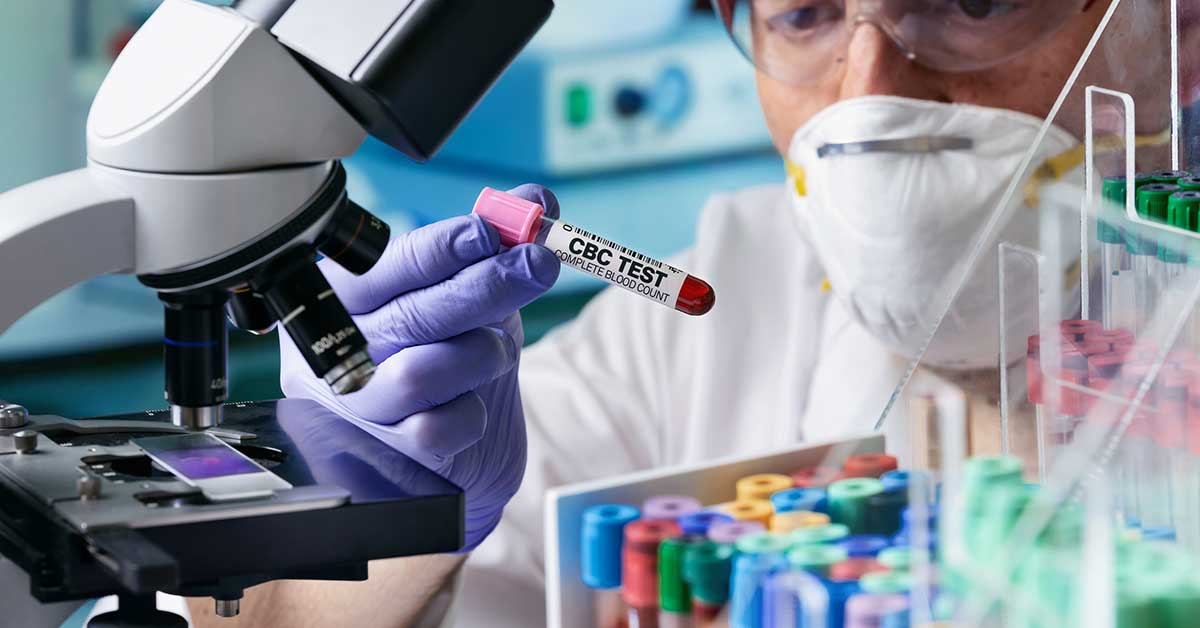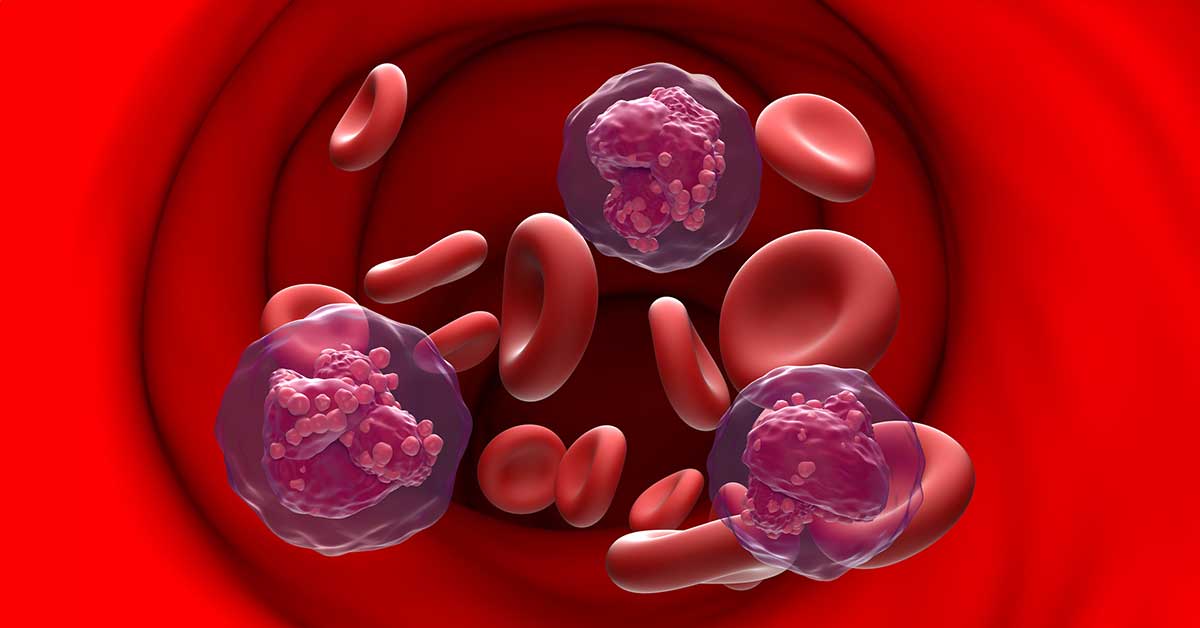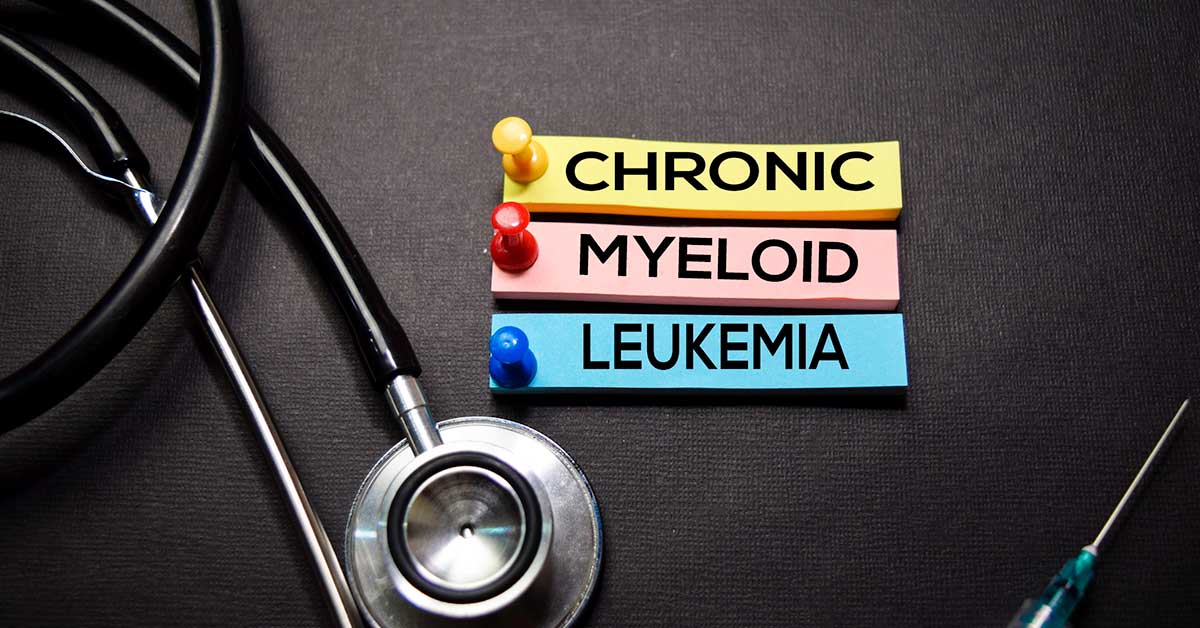Can energy drinks cause cancer?

Over the past decade, energy drink consumption has skyrocketed, especially among young adults and busy professionals looking for a quick boost. Marketed as performance enhancers and fatigue-fighters, these brightly packaged drinks now line store shelves around the world. But as their popularity grows, so do concerns about what is actually inside them and how those ingredients may affect long-term health. Caffeine and sugar often get the most attention, but lesser-known additives like taurine are also raising questions.
Recent studies suggest that taurine, a common ingredient in many energy drinks, could play a surprising role in the progression of blood cancers like leukemia. In this blog, we will explore what science is uncovering about taurine’s effects and what that might mean for your health.

What’s in That Can?
Today’s energy drink market offers far more than the traditional high-caffeine, high-sugar formulas of the past. Consumers can now choose from a wide range of low-sugar and low-calorie options, many of which are promoted as healthier alternatives. Brands have also introduced lower-sodium varieties and beverages sweetened with natural ingredients to appeal to more health-conscious shoppers. With an ever-growing selection of flavors, from fruity and tropical to more exotic blends, energy drinks are now positioned as everyday beverages rather than occasional performance boosters.
Behind the flavors and marketing, most still contain a core mix of drink ingredients designed to increase energy and alertness. Common components include caffeine, various sugars or sweeteners, B vitamins, and amino acids such as taurine.
Caffeine acts as a stimulant, while sugars or other carbohydrates provide a quick energy source. B vitamins support metabolism and energy production.
Taurine, a naturally occurring amino acid, is added for its potential effects on mental performance and fatigue reduction, although its benefits in this setting are still being studied.
How Taurine Works in the Body
Taurine remains one of the most consistently used ingredients across nearly all energy drinks. This amino acid occurs naturally in the human body and supports several important biological functions, including cardiovascular regulation, muscle contraction, electrolyte balance, and central nervous system activity.
In energy drinks, it is thought to complement the stimulating effects of caffeine, potentially helping with focus and endurance. Taurine also acts as an antioxidant and anti-inflammatory agent, which may contribute to its protective roles in cellular health.
What We’re Learning About Taurine and Leukemia Risk
Recent research has started to show a complex link between taurine and cancer cell growth, especially in blood cancers like leukemia. Some lab studies suggest that taurine might serve as a source of energy for certain cancer cells, helping them grow and multiply faster. Taurine is naturally made in the body and is important for normal cell functions. However, the high amounts of taurine found in some energy drinks and supplements have raised questions about whether it could unintentionally help cancer cells grow.
Contact Us
It is important to understand that taurine itself does not cause cancer. The concern is about how taurine might affect the growth of cancer once it has already started. For people with leukemia, too much taurine from supplements or energy drinks could create conditions that allow cancer cells to grow more quickly. These findings suggest that people with blood cancers or those at higher risk should be careful and talk to their doctor before using products that contain taurine.
In addition to cancer-related concerns, excessive taurine intake, especially when combined with caffeine in energy drinks, has been linked to side effects such as increased heart rate, high blood pressure, anxiety, and sleep disturbances.
While taurine is generally considered safe in moderate amounts, consuming large doses through supplements or multiple energy drinks per day may stress the cardiovascular system and central nervous system. Anyone with underlying health conditions should be cautious and consult a healthcare professional.
Why This Matters
Even if you haven’t been diagnosed with cancer, having a blood disorder can make you more aware of how your body responds to outside factors, including what you eat and drink. Conditions like anemia, clotting issues, or immune-related blood problems may not be cancer, but they often involve changes in how your blood cells grow and function. That is why it is important to be mindful of ingredients like taurine, especially if you regularly drink energy drinks or take supplements.
While taurine does not cause cancer, some studies suggest it could support the growth of leukemia cells in certain cases. For people with existing blood disorders, being cautious about high levels of taurine could be a smart way to reduce potential risk and protect long-term health.
Energy Alternatives That Don’t Involve Taurine
If you’re looking for ways to boost energy without taurine, there are several simple, natural options that can increase alertness and fight fatigue without the crash. Start with key vitamins and minerals:
- Vitamin B12 and iron help your body convert food into energy.
- Magnesium supports muscle function and helps reduce tiredness.
- Vitamin D, often absorbed through sunlight, plays a role in maintaining overall energy levels.
- Natural energy boosters like green tea provide a milder caffeine lift along with beneficial antioxidants. Meanwhile, adaptogens such as ashwagandha and ginseng may help improve your body’s stress response and stamina over time.
Don’t underestimate the basics:
- Staying hydrated
- Eating whole foods that keep your blood sugar stable
Concerned About Your Health?
If you’re facing a cancer diagnosis or want to see a hematologist for blood disorders, we want to help. Fill out the form to speak with our experts to learn more about our treatment plans and options.






Comments